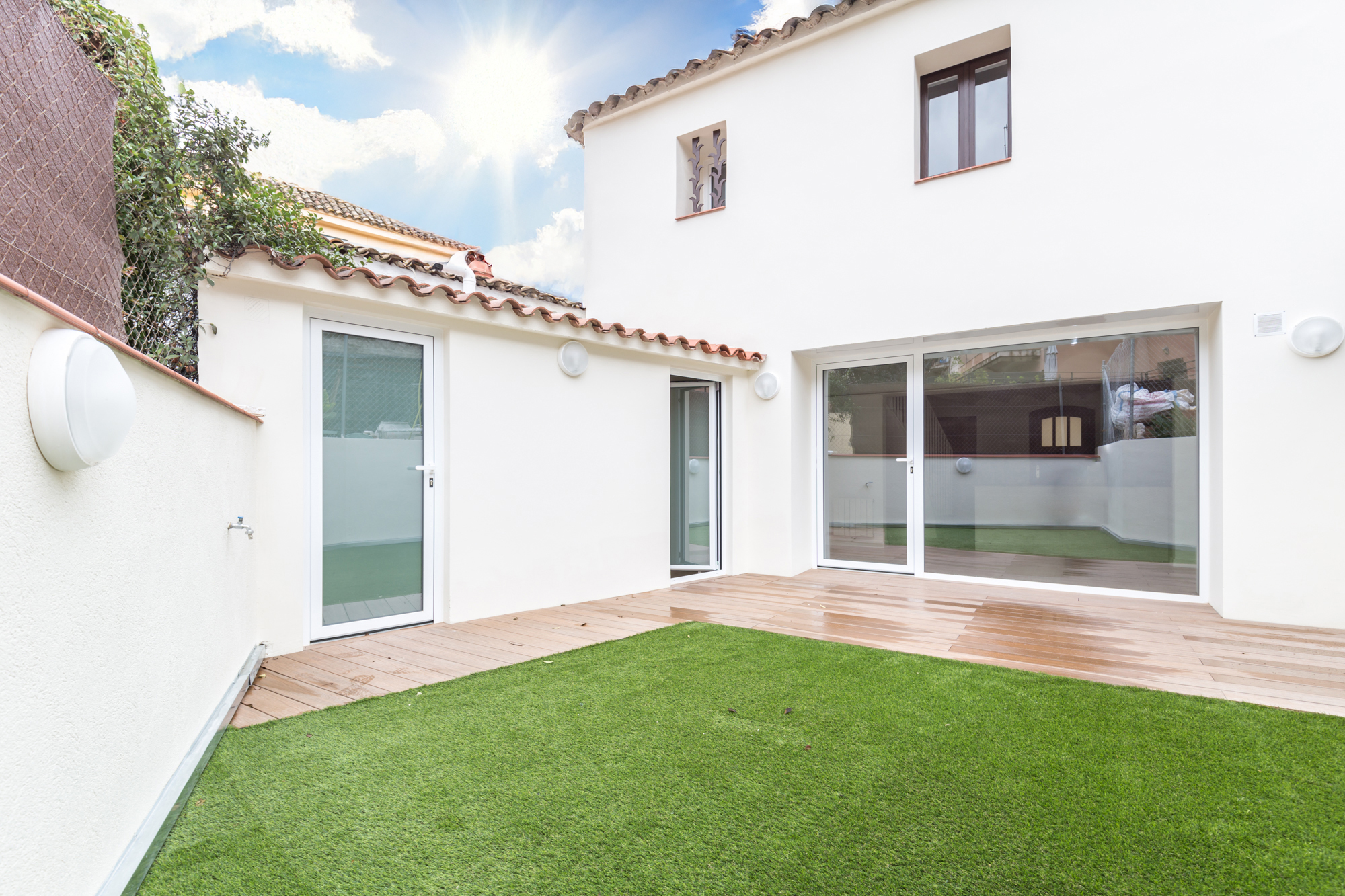2019 finishes as a roller coaster, 2020 start with stability prospects
If we analyze what has happened in the real estate sector, from summer until now, we have ups and downs. Weeks that seemed that the activity went down, and other weeks that we had many visits.
Surely, there have been many political and economic elements, crisis rumors… even from inside of the sector. The citizen who wants to buy has a harder time taking a decision. On the one hand, there are more options than a few years ago, but not so much more, and we will see how long this trend lasts. On the other hand, there are less security and more uncertainties about whether you can get financing.
In our case, this second quarter of 2019 we have sold less than the same period of 2018, in brand new and second hand. We have made approximately 10% less than the previous year.
If we talk about rent, the market is still very active, because of the great difference between offer and demand is maintained. There isn’t generated plus offer, so the prices continue to be very high and properties with medium-high rents are hired quickly. Those with high rents have other rhythms and they need to spend more time to hire them.
The rental market is very dynamic, and we do not believe that it has changed much in the short term. As we have said, the rents are still very high, 46% of the new contracts made on 2019 are between € 1,000 and € 1,500, when historically they had always been in percentages of 20%.

Legislative overdose
Talking about the legislative framework of housing and, especially, of renting, in 12 months, we have had eight different scenarios. Some of these changes have been approved but then they haven’t been validated afterwards, others have been announced and not presented at the last minute, and all these things also create uncertainty. All these changes show that there isn’t strategy or political consensus regarding housing. They try to solve real problems that we have in the short term, but they don’t create real bases to the medium and long term.
Now we have the Law 17/2019 of December 23th, about urgent measures to improve access to housing. This law modifies several laws, such as housing, urban planning or housing emergency. The goal is good: get homes for the most disadvantaged families. But, the proposed measures are correct? Should it fall as an obligation on large holders? Is the borderline of the big holders correct? Is it normal legitimize a way of occupation, even in relation to financial holders?
From our point of view, this new law highlights the failure of what we should have achieved: building social housing through public-private collaboration as it happens in so many European countries. And we replace it with the score, withdrawal, acceptance, occupation…
We ask ourselves, is a holder who has 15 properties? Does the one with 15 properties have the same treatment as the one with 500? Is there no difference?
Well, from our point of view it is questionable, historically in Catalonia housing has been a form of savings, this is coming from generations, and surely there are quite a few owners who have more than 15 homes, some still with old rent. Are they big holders?
We do not want to argue, we want to contribute to reflection.
We will continue…
Immaculada Amat
President of Amat Immobiliaris


